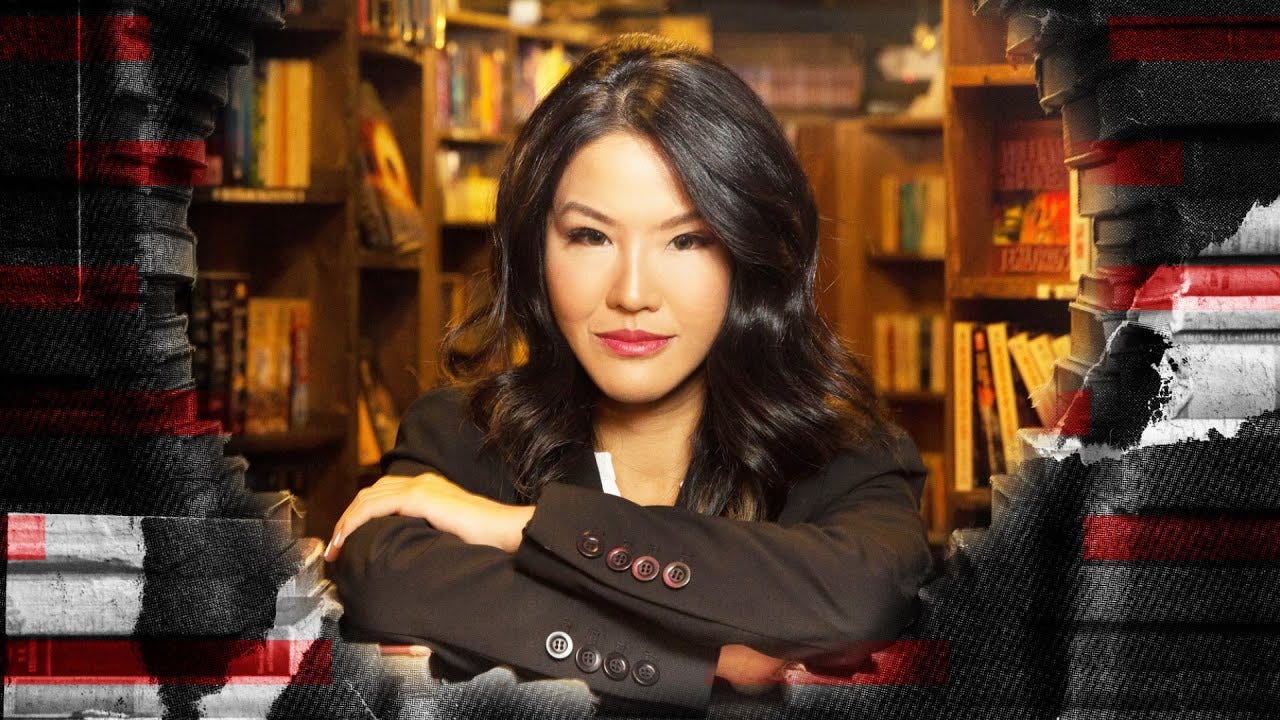In the last decade, Melissa Chen has been a ferocious fighter for the cause of free speech. She co-founded the advocacy organisation Ideas Beyond Borders in 2017 with Faisal Saeed Al Mutar, translating dissident, controversial works from English to Arabic - including George Orwell’s Nineteen Eighty-Four and the works of Thomas Paine. Later, she was one of the first advisors for the critical race theory-critical organisation FAIR. Today, she acts as a contributing editor for Spectator USA.
So why did we invite her on?
Melissa is a staunch critic of China, appearing on the Joe Rogan Experience in 2020 to expose their disturbing human rights record. The subject has entered the public conversation again in light of America’s briefly-instated nationwide ban. Is it really a security issue? Why else might the US want to ban it? We wanted to hear from an expert.
What did we talk about?
The TikTok ban came under Biden, but he didn’t get the ball rolling - it was Trump, who would later rescue it. Melissa explains what motivated his perplexing change of heart - he realised he could harness its influence. By getting in front of zoomers and luring them away from censorious rival Meta, Trump could radically change his perception among a whole voting demographic. TikTok is the central news source for an entire generation and, like FDR on radio and Kennedy on television, Trump was smart enough to realise it. But how did it happen? How did a Chinese social media app full of lip-syncing videos by “talentless hacks” (Melissa’s words) usurp Facebook, Twitter and Instagram to become the definitive platform of its era?
”TikTok has been an engine of culture - we can’t deny that. It has created a platform of people who have poured their heart and soul into content.”
Melissa shared the story of how TikTok became such a cultural force. It might seem self-evident - as Melissa explains, the very nature of popular music has been changed in the wake of the platform - but it’s crucial to understand why the prospect of banning it is such a big deal, and why there’s such concern about it falling into the wrong hands. Is it a propaganda machine? Does free speech protect foreign propaganda? Should it?




